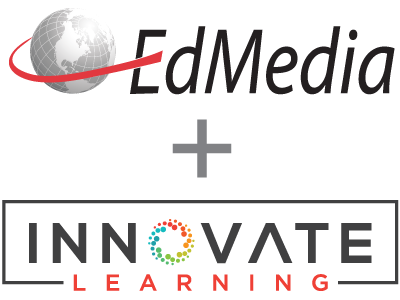
HYPERMEDIA AND STUDENTS' ACHIEVEMENT: A META-ANALYSIS
PROCEEDINGS
Yuen-kuang Cliff Liao, National Hsinchu Teachers College, Taiwan
EdMedia + Innovate Learning, in Seattle, WA USA ISBN 978-1-880094-35-8 Publisher: Association for the Advancement of Computing in Education (AACE), Waynesville, NC
Abstract
In spite of claims regarding the potential benefits of using hypermedia in education, and the controversial issues about the relationship between media and learning, research results comparing the effects of hypermedia and non-hypermedia instruction are conflicting. For example, Bain, Houghton, Sah, & Carroll (1992), Barnes (1994), Chen (1993), Delclos, & Hartman (1993), Gretes, & Green (1994), and Toro (1995) all report significant gains for hypermedia over non-hypermedia instruction. On the other side, Azevedo, Shaw, & Bret (1995), Barker (1988), D'lessandro, Galvin, Erkonen, Albanese, Michaelsen, Huntley, and Tabar (1991) have found no significant differences between hypermedia and non-hypermedia instruction. Yet, owing to the contradictory evidence provided by existing research in the area, it is important to conduct a meta-analysis to clarify the research conclusions. The results of this meta-analysis may also shed light on the debatable issue regarding the relationship between media and learning.
Citation
Liao, Y.k.C. (1999). HYPERMEDIA AND STUDENTS' ACHIEVEMENT: A META-ANALYSIS. In B. Collis & R. Oliver (Eds.), Proceedings of ED-MEDIA 1999--World Conference on Educational Multimedia, Hypermedia & Telecommunications (pp. 1398-1399). Seattle, WA USA: Association for the Advancement of Computing in Education (AACE). Retrieved August 11, 2024 from https://www.learntechlib.org/primary/p/6926/.
© 1999 Association for the Advancement of Computing in Education (AACE)
Keywords
Cited By
View References & Citations Map-
Developing and Evaluating an Interactive Multimedia Instructional Tool: Learning Outcomes and User Experiences of Optometry Students
Ling Wang, Nova Southeastern University, United States
Journal of Educational Multimedia and Hypermedia Vol. 17, No. 1 (January 2008) pp. 43–57
These links are based on references which have been extracted automatically and may have some errors. If you see a mistake, please contact info@learntechlib.org.
